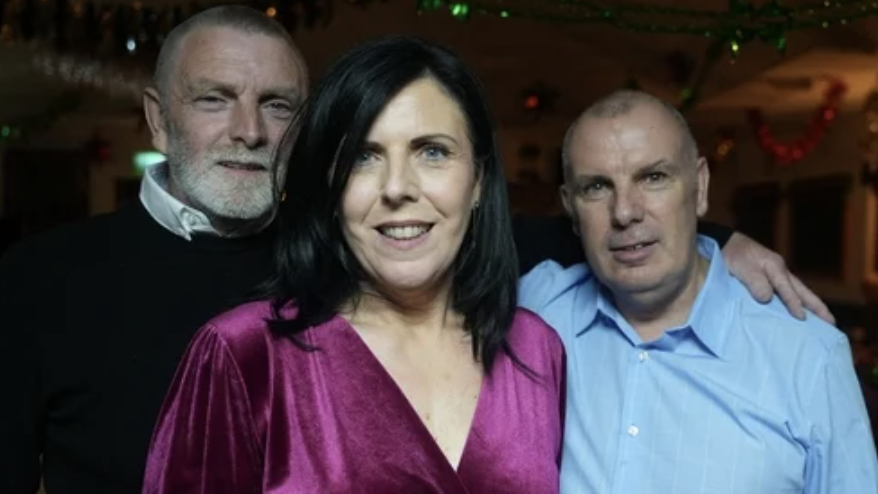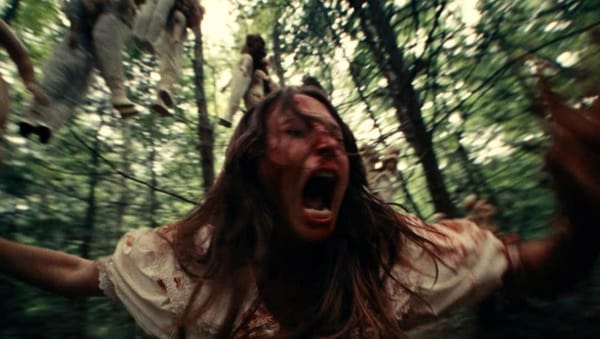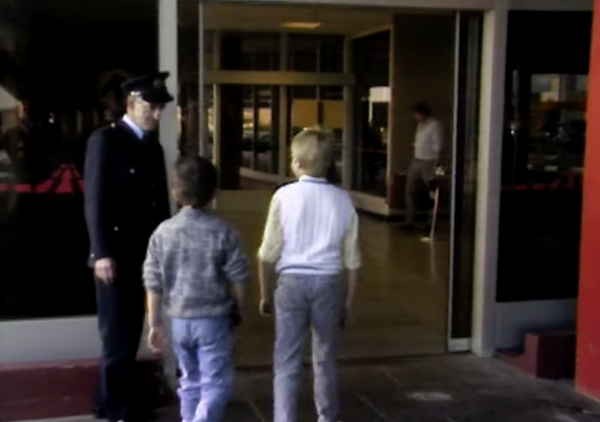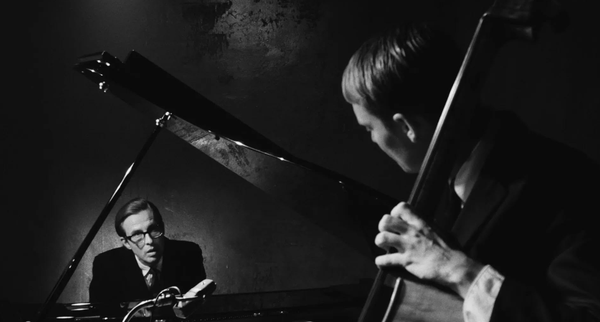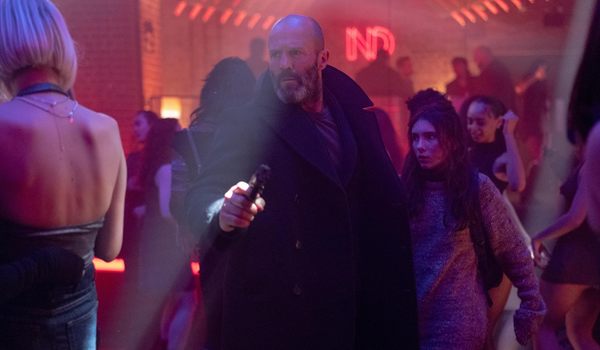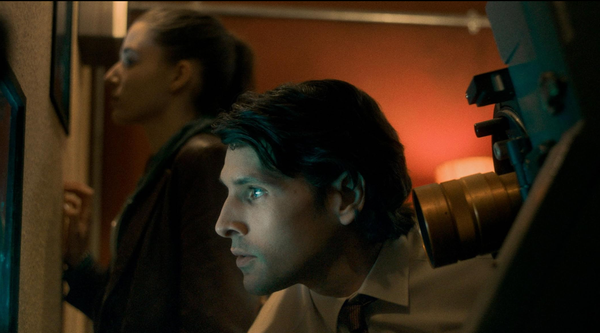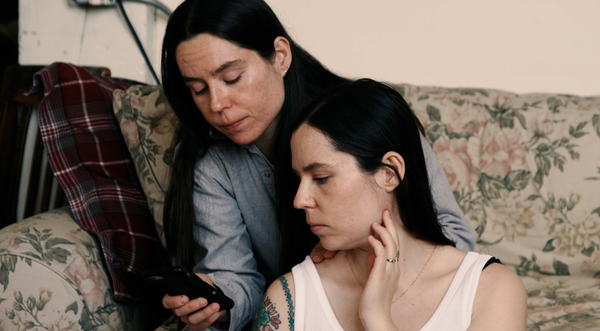Adam Matthews reviews RTÉ feature documentary The Phone Box Babies.
One March night in 1968, a newborn baby was found wrapped in a tartan bag inside a phone box in Dundalk. Two others – left years apart, in a different phone box and the back seat of a doctor’s car – shared the same fate. None of them knew they were siblings until decades later.
The Phone Box Babies, the feature-length documentary broadcast on RTÉ, is helmed by filmmaker and Prime Time investigator Máire Kearney. Her previous work includes Redress: Breaking the Silence (2020), an examination of the State’s treatment of industrial school survivors. Through the extraordinary true story of three siblings abandoned as infants in the 1960s and later reunited in adulthood, the film manages to distil complex themes – shame, secrecy and resilience – into a deeply personal and resonant narrative.
Helen Ward, David McBride, and John Dowling were each left as babies in public locations. Born to the same mother within a span of six years, they were raised by different families and grew up with no knowledge of each other’s existence.
Helen, found in a Dundalk phone box in 1968, was adopted by a loving family, grew up unaware of her status as a foundling, and only in adulthood pursued answers – using Liveline, genetic testing, and public outreach. David, discovered in a gynaecologist’s car in Belfast in 1962, was also adopted. Years later, through a DNA database and an ITV series, he reconnected with Helen. However, John, who was rescued from a Drogheda phone box in 1965, remained unaware of his own origins until his daughter recognised the resemblance while watching Helen and David tell their stories on Long Lost Family.
With echoes of Three Identical Strangers, a documentary with similar themes, what unfolds is not just the story of their reunification, but a look at the forces that shaped their early lives – forces rooted in 20th-century Ireland’s religious and institutional realities. But The Phone Box Babies never sensationalises the circumstances of the siblings’ abandonment. Instead, explores their recollections of childhood with emotional yet candid clarity. The film gives space to not only trace their individual journeys, but weaves them into a greater narrative about the social stigma that their birth mothers must have faced.
Returning to the sites where each baby was left, tracing their origins through records, foster homes and DNA matches, brings the haunting weight of history; especially when Helen sits in the seat her mother once occupied – the mother she never had the chance to meet. The film’s visual language is deft and intimate: static shots linger on empty phone boxes, family photos and archival footage, allowing the past to breathe. Thoughtfully edited by Ray Roantree, scenes move between timelines, recounting the journey of these three siblings.
The Phone Box Babies doesn't offer easy closure. While the reunion offers moments of celebration, the film never fails to emphasise the lasting toll of abandonment, the unanswered questions and the bittersweet nature of rediscovered family. The mother and father at the centre of the story – now deceased – remain elusive figures shaped by the pressures of a society from yesteryear. The documentary also challenges the viewer to reflect on how far Ireland has come in reckoning with the legacy of shame and institutional complicity.
Ultimately, The Phone Box Babies is a tender and essential piece of filmmaking. In an interview with The Irish Times in 2007 ahead of an event marking the 35th anniversary of the organisation One Family, former president Mary Robinson – who worked with the charity for nearly twenty years – expressed this sentiment: “It was particularly difficult for them, because being a single mother at the time meant being with no recognition, no support and actually being seen as almost an outcast in society.” This is in reference to the 20th-century stigma of single mothers when the charity was founded in 1973. These were babies born into silence – quiet echoes of a society that couldn’t love them in the open.
The Phone Box Babies aired on RTÉ One, Wednesday 2nd July at 9.35pm. Watch it now on the RTÉ Player.

